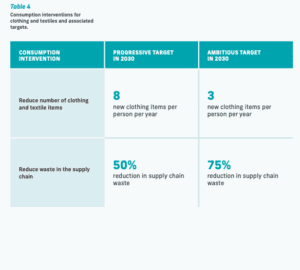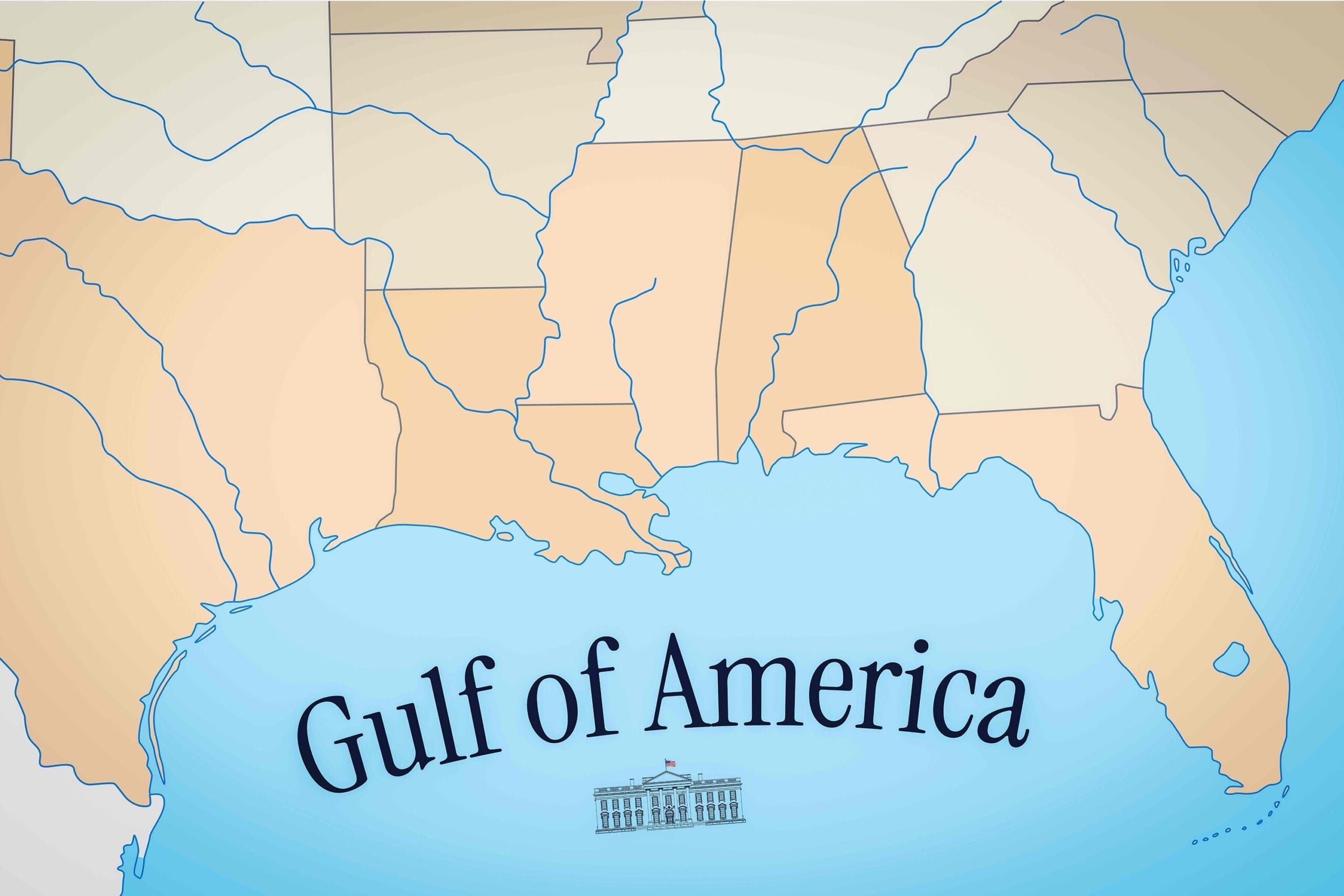Two Texas cities are participating in an emissions-cutting program that seeks to end meat and dairy consumption.
According to the organization, “C40 is a global network of nearly 100 mayors of the world’s leading cities that are united in action to confront the climate crisis.”
Although largely funded by Democrat billionaire Michael Bloomberg, C40 has other donors including FedEx, Google, and the Clinton Foundation.
Both Austin and Houston are listed as participating cities, with “membership operat[ing] on performance-based requirements, not on fees.”
Houston is a “Megacity,” according to the C40 membership ranking. Megacities are “Cities that show exceptional climate leadership at the global level, and have an urban population that currently/is expected to exceed 3 million or more people by 2030.”
Austin is in the “Innovator” membership category, which includes “cities that show exceptional climate leadership at the global level, but do not meet the population/size criteria of a Megacity.”
Altogether, the participating cities make up a quarter of the global economy.
According to C40 Cities Executive Director Mark Watts, “As always, C40 has adopted a science-based approach and that science is clear: average consumption-based emissions in C40 cities must halve within the next 10 years. In our wealthiest and highest consuming cities that means a reduction of two-thirds or more by 2030.”
Watts stated this in a report from C40 Cities in 2019 entitled, “The Future Of Urban Consumption In A 1.5°C World.” The report lays out “ambitious targets” for cities to meet regarding the urban consumption of building materials, food, clothing and textiles, private transportation, electronics, and household appliances, as well as private aviation travel.
The report defines “ambitious targets” as the following:
“Target level of ambition for consumption interventions that is more ‘ambitious,’ based on a future vision of resource-efficient production and extensive changes in consumer choices. This level was typically informed by expert judgment rather than existing research.”
Under meat and dairy consumption, the ‘ambitious target’ would be 0 kilograms of either for all citizens.

Under clothing and textiles, each person would be allotted three new clothing items per year.

Under transportation, there would not be any private vehicles.

Under flying, the “ambitious target” is one “short-haul return flight” less than 1500 kilometers—which is equivalent to 932.057 miles—once every three years.

Notably, the flight distance from Houston to El Paso—for one flight—is 667 miles.
The report later hedges the stringency of their own targets:
“This report does not advocate for the wholesale adoption of these more ambitious targets in C40 cities; rather, they are included to provide a set of reference points that cities, and other actors, can reflect on when considering different emission-reduction alternatives and long-term urban visions.”
However, cities across the globe are already pushing C40 target goals.
New York City announced that it’s limiting how much meat and dairy are served by city schools and prisons.
The United Kingdom—which also funds C40—banned the sale of new gas-powered vehicles after 2030, while France banned short-haul flights in an effort “to cut carbon emissions.”
Neither Houston nor Austin officials replied to Texas Scorecard’s request for comment before publication.
No ads. No paywalls. No government grants. No corporate masters.
Just real news for real Texans.
Support Texas Scorecard to keep it that way!





